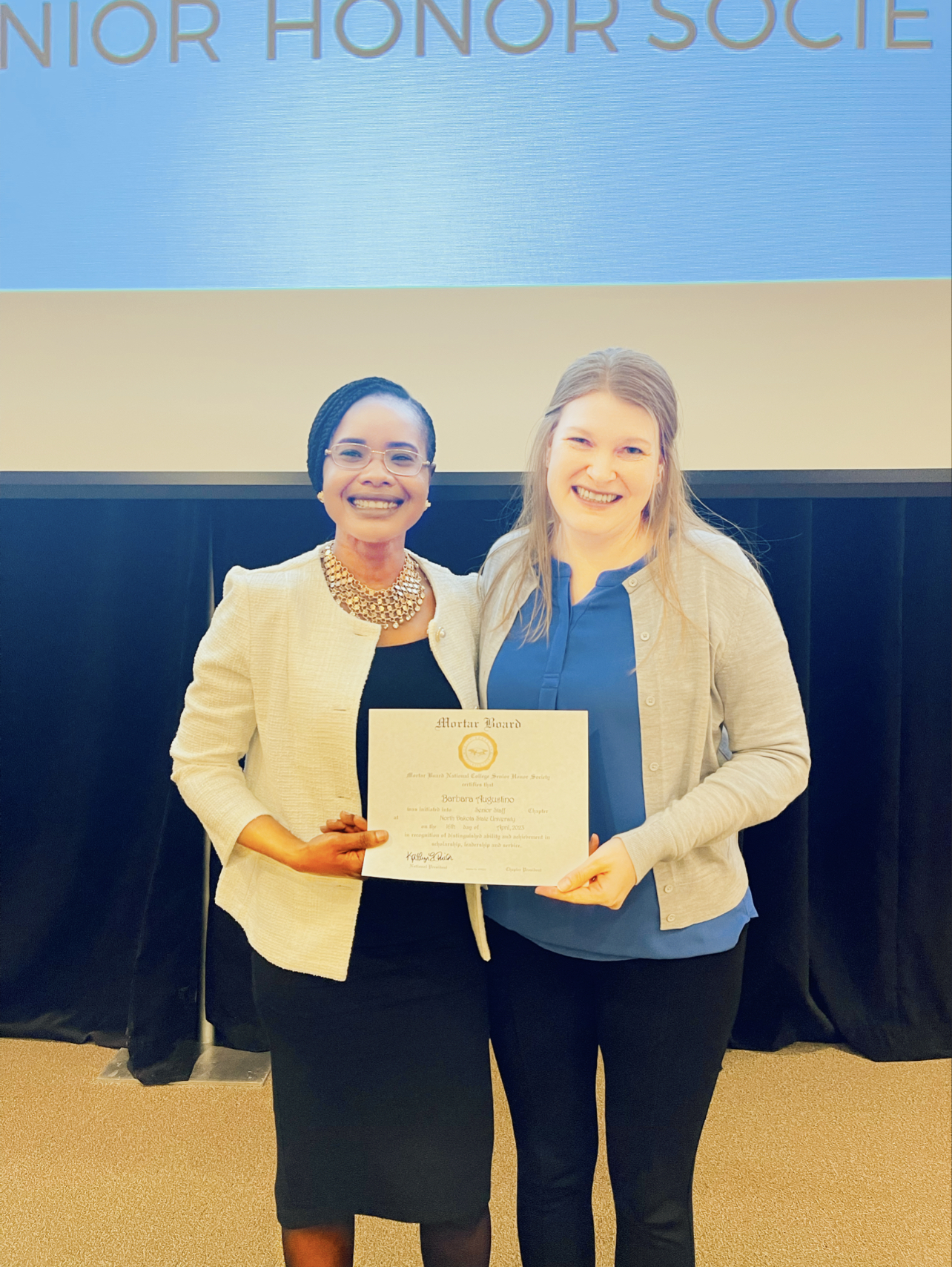The importance of one professor and their connection with students
It is evident how interactions between teachers and students affect learning. Education is improved in situations when there is a strong bond between the two. Empirical evidence consistently demonstrates that students of all ages, backgrounds, and experiences who believe their teachers are supportive of their needs and interests are more motivated, engaged, self-directed, and socially connected in the classroom than their peers.
Regardless of where a student is in their college career, developing strong relationships with their professors and fellow students is essential for the future.
A vital first step towards creating an effective university learning environment in the classroom is taken by professors who work to enhance the learning process for their students, promote an atmosphere of higher-level independent, critical thinking, and constantly strive for progress and development for the benefit of their students.
Professors have a variety of effects on the student environment around them. Through lectures in the classroom and career counseling, they instruct and mentor students. Through their studies, they also contribute to the general understanding of how the planet, universe, and society function. Even though a professor’s time is usually divided between teaching and research, they frequently have an impact on students in both capacities at the same time.
One of students’ favorite lecturers is Denna Wyum, senior professor of Human Development and Family Science and Women and Gender Studies at North Dakota State University in Fargo, North Dakota. Students on campus verbalized that Wyum inspires them to attend class and transforms her classroom into a place where they feel free to share their ideas, opinions, and inventions with one another—something they felt was uncommon and exciting during their time as students.
In Wyum’s “Couples, Marriages, and Families” (HDFS 353) and “Children, Families, and Public Policy” (HDFS 357) lecture courses, she promoted reflection and curiosity for many concepts. For example, she teaches about the many cultures of families and marriages and reminds students to accept and celebrate everyone and recognize that marriage is a civil contract between two responsible adults. It is unjust to claim that Susie and Steve can sign a contract but Bill and Bob cannot.
In her “Children, Families, and Public Policy” course, she urges students to be the change they want to see in society by participating in policies that affect the lives and well-being of everyone. There was a lot of elaboration in class, which is a cognitive approach that entails thinking about the content to be learned in a way that connects the material to information or ideas already in the learner’s mind. In her classroom, she asks questions that not only pique a student’s interest but also encourage the student to elaborate on their own experiences.
Wyum believes that students are vessels through which she can guide and direct her own teachings. Her strong stance against systemic racism in education and her advocacy for equal rights for all students, empowering female students in academia, as well as her ability to create an environment in which educators can challenge cultural norms by speaking out against ineffective practices and working to promote change and enhance student learning are more proof of her prowess as a professor.
She possesses knowledge, life experience, and the compassion necessary to meet the goals of teaching, enhancing the students’ capacity by cultivating self-confidence and self-awareness, and supporting the student’s finding of purpose in their life.
Professor Dena Wyum is an exemplary, excellent professor who deserves recognition for her unwavering commitment to her students’ achievement; an icon in education who will always be regarded as a selfless leader and a very powerful educator. Thank you for making a difference in the lives of the Bison students.
Source: U.S. Department of Education
